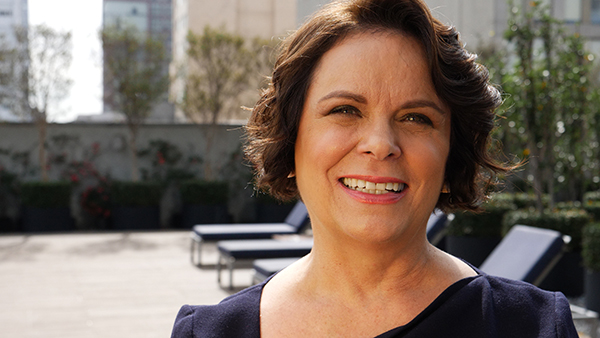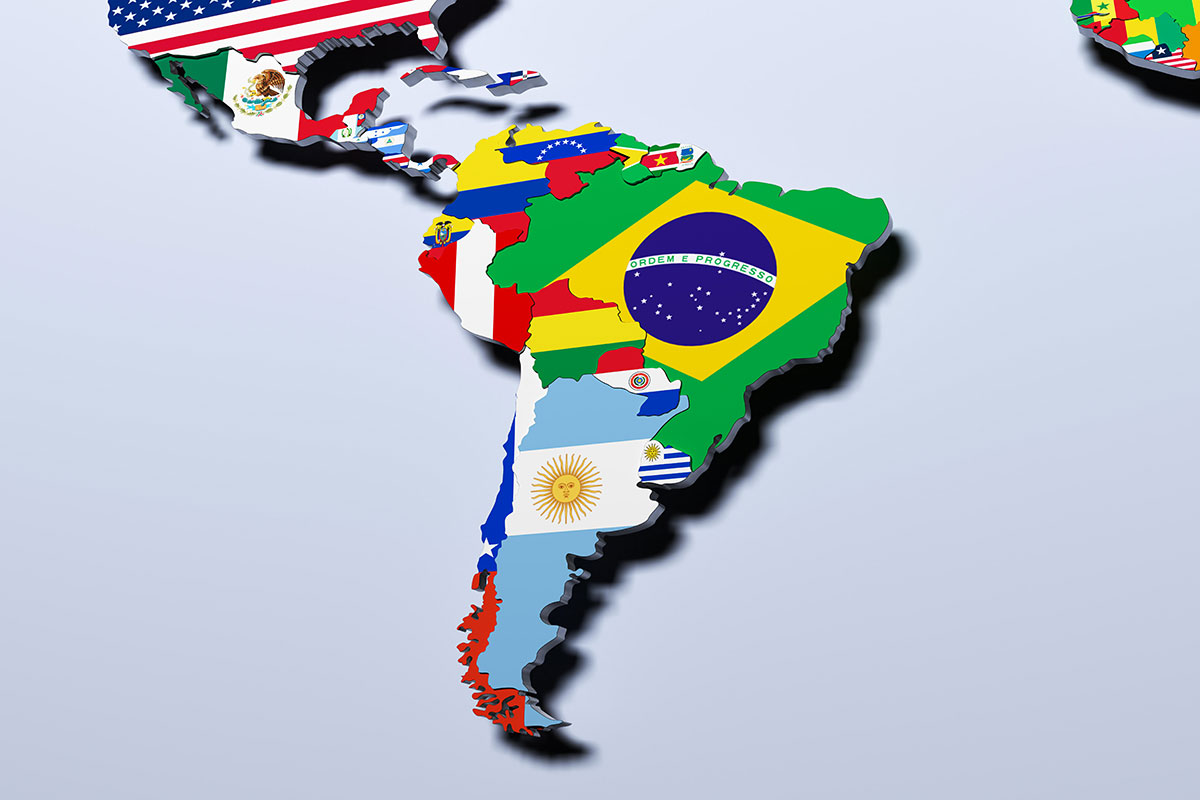On Thursday, October 3rd, Teachers College will host “South-North Dialogue on Contemporary Education Policy in Latin America,” a gathering convened by Regina Cortina, Professor of Education and Past-President of the Comparative and International Education Society.
The one-day symposium will bring together renowned Latin America specialists from Brazil, Chile, Colombia, Costa Rica, Cuba, Mexico, Peru and the United States to discuss contemporary trends in several national school systems of the region.

Regina Cortina, Professor of Education (Photo: TC Archives)
“Education policy is changing rapidly in countries across the Americas,” Cortina says. “This event brings scholars from all over the continent to share some insight into policy direction -- for example, among other topics, how privatization is affecting public education, or how peace education is being integrated into the larger education system.”
The event, which is free and open to the public, will be held in TC’s Milbank Chapel from 9 a.m. to 4:40 p.m. It is sponsored by the Institute of Latin American Studies, the Lemann Center for Brazilian Studies at ILAS, Columbia University, Teachers College’s Latin American Faculty Working Group, and TC’s Department of International and Transcultural Studies and Office of Development and External Affairs.
A full schedule of the day’s sessions follows below:
South-North Dialogue on Contemporary Education Policy in Latin America (October 3rd, 2019, Milbank Chapel, Teachers College, Columbia University
Morning Session 1: 9:00 a.m. to 10:30 a.m.
Aims and Outcomes of Contemporary Education Reforms
Chair: Victoria Murillo, Professor of Political Science and Director, Institute of Latin American Studies, Columbia University
Speakers:
- Robert F Arnove, Indiana University: “Lessons from Education Reforms from the Historical and Comparative Perspectives”
- Zaira Navarrete, Universidad Nacional Autónoma de Mexico (Mexico): “Sustainable Development Goals (SDGs) in the Education policies of Latin America: Adoption, Rejection, or Indifference?”
- Carlos Omelas, Universidad Autónoma Metropolitana (Mexico): “Reform and Counter-Reform in Mexican Education”
Morning Session 2: 11 a.m. to 12:30 p.m.
Global Priorities and their Implementation in Latin America’s Educational Systems
Chair: Regina Cortina, Professor of Education, Teachers College, Columbia University
Speakers:
- Heather J. Kertyzia, University for Peace (Costa Rica): “Integrating Education for Peace into Educational Systems”
- María Balarin, Grupo de Análisis para el Desarrollo (Perú): “Education Markets in Socioeconomic and Educational Segregation”
- Bradley A. Levinson, Indiana University: “Middle School Reform and Students as Citizens”
Afternoon Sessions: 2:00 p.m. to 4:00 p.m.
Teachers, Students and Education Policies
Chair: Daniel Friedrich, Associate Professor of Curriculum, Teachers College, Columbia University
Speakers:
- Paula Louzano, Universidad Diego Portales (Chile): “Basic Teacher Training and the Professional Careers of Teachers”
- Sandra Sales, Universidade Federal Rural De Rio de Janeiro (Brazil): “Brazilian Teacher Training for Youth and Adult Education: Challenging ‘Zumbi’ Ideas”
- Mark Ginsburg, University of Maryland; Universidad de Ciencias Pedagógicas “Enrique José Varona” (Cuba): Teaching Comparative Education in Cuba and the United States: A Comparative Historical Analysis
Closing Session: 4:00 to 4:40 p.m.
Book Presentation – Politics of Education in Latin America: Reform, Resistance and Persistence (2019)
Chair: Robert F. Arnove, Chancellor’s Professor Emeritus of Educational Leadership and Policy Studies, Indiana University
The volume includes contributions from Carlos Ornelas, María Balarin and Mark Ginsburg
